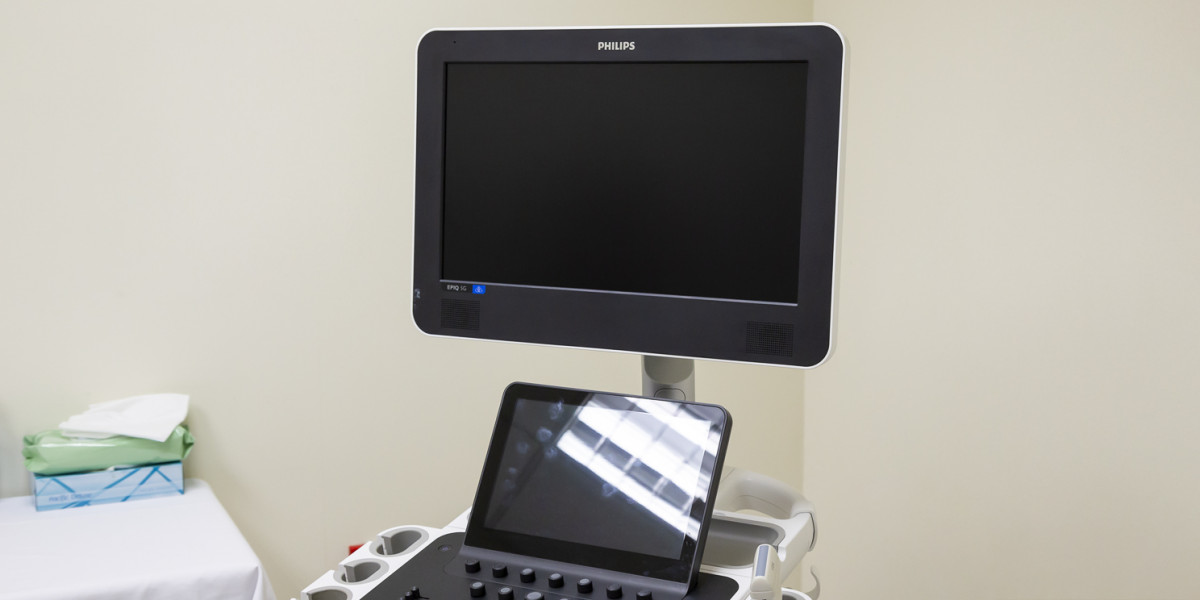Finding cancer earlier often means it can be treated more successfully and there are more treatment options. For example, about 9 out of 10 people survive bowel cancer when it is found at an early stage.
Get checked out by your doctor if you find something that doesn’t feel or look right.
What can I do
- See your doctor if you have any signs or symptoms or if you are concerned.
- Get screened regularly
- Be breast aware and check your skin regularly.
- Talk to your doctor if you have a family history of cancer, as you may need tests more often and from a younger age.
Signs and symptoms to look out for:
Most signs and symptoms are not caused by cancer but its best to be sure. Seek help from your whānau doctor so you can find out what is causing your symptoms and get the right tests and treatment if you need it.
If you notice something that’s unusual for you, talk to your doctor, even if it is not on this list.
Signs and symptoms may include:
- Bleeding for no known reason e.g., blood in your poo or pee, coughing up blood, vomiting blood or unexplained vaginal bleeding
- A new lump, thickening or swelling anywhere on your body
- Unexplained pain or discomfort on your body that doesn’t go away
- Unexplained tiredness that doesn’t get better after you rest
- Weight loss or gain for no known reason
- Loss of appetite (not feeling hungry)
- Heavy night sweats
- Hoarseness or new and changed cough that won’t go away.
- Difficulty swallowing or breathlessness
- Bowel changes such as changes in bowel habits and in the way your poo looks, constipation or looser poo that last more than 2-3 weeks.
- Problems peeing or frequent need to urinate
- Skin changes such as new or changing spots, patches or moles
- Persistent heartburn, feeling full or bloated after eating small amounts
- Severe headaches, vision and hearing problems, changes in thinking or personality.
For more advice about signs and symptoms of specific types of cancer see: Types of Cancer
Last updated: December 22, 2022




